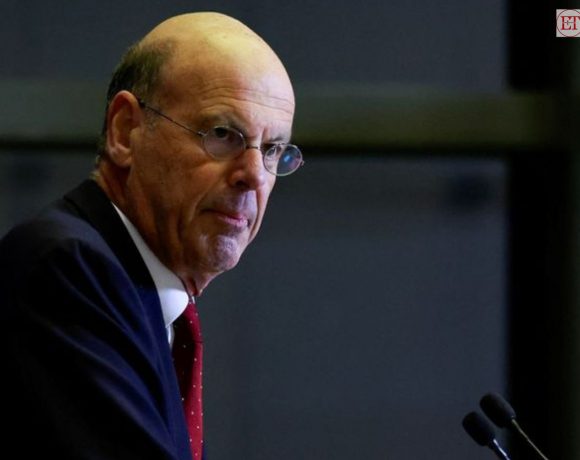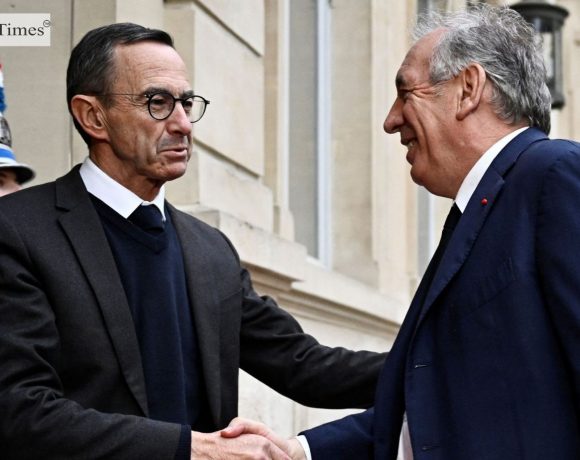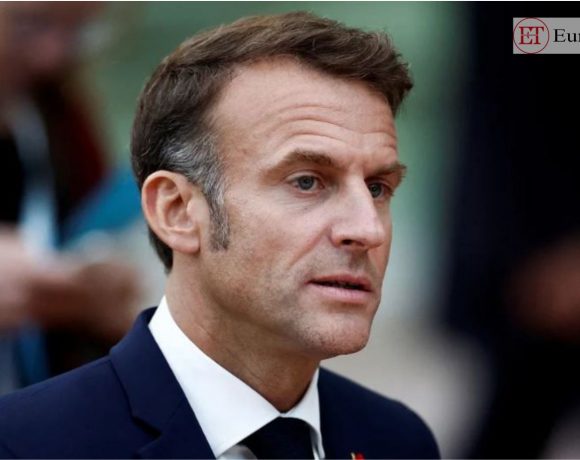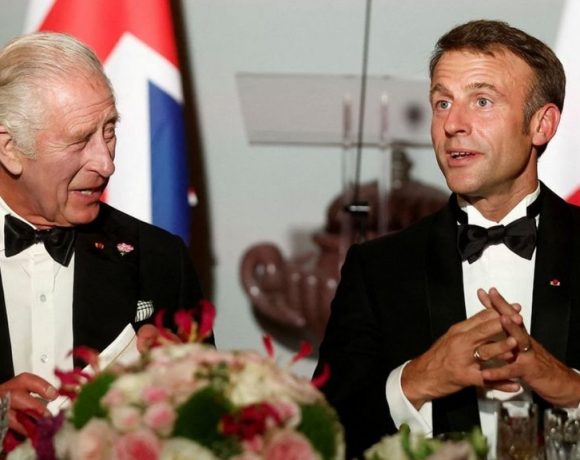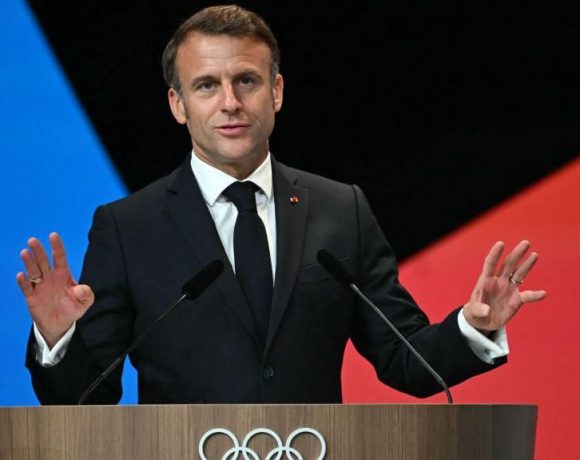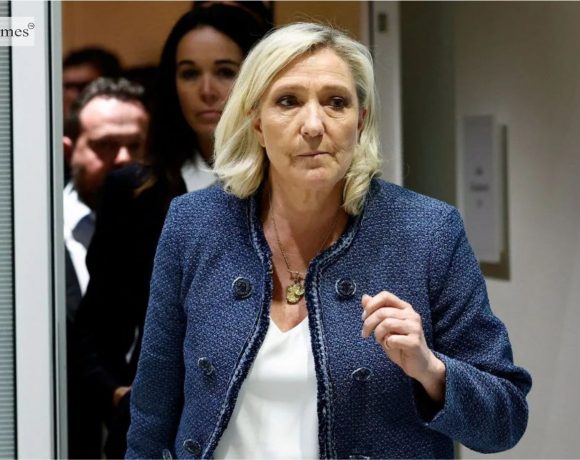
In a landmark ruling, a French court on Monday barred far-right leader Marine Le Pen from running in the 2027 presidential election after convicting her of embezzlement. Le Pen, 56, received a five-year ban from public office, along with a four-year prison sentence—two years suspended and two under home detention—and a €100,000 fine. The court found her guilty of misappropriating over €4 million in EU funds to pay her party’s staff, a charge she denies. While she vowed to appeal, the ruling could significantly reshape France’s political landscape ahead of the next election.
Le Pen’s conviction sparked outrage among her supporters and right-wing figures worldwide, with allies calling it judicial overreach. Billionaire Elon Musk accused the judiciary of targeting political opponents, while Hungarian Prime Minister Viktor Orbán expressed solidarity, tweeting, “Je suis Marine!” Le Pen condemned the decision as a politically motivated attempt to derail her presidential bid, asserting that millions of French citizens were “outraged to an unimaginable degree.” Despite her ban, she retains her parliamentary seat until the end of her term.
With Le Pen’s future uncertain, speculation is growing over who will lead the National Rally (RN) into the 2027 election. RN President Jordan Bardella, 29, is seen as her likely successor, but political analysts question whether he can rally the broad electorate needed to win. The court also found the RN party and 24 of its officials guilty, imposing a €2 million fine. As appeals in France can take years, Le Pen’s legal battle may continue well into the election cycle, keeping the political climate tense.
Pic Courtesy: google/ images are subject to copyright


